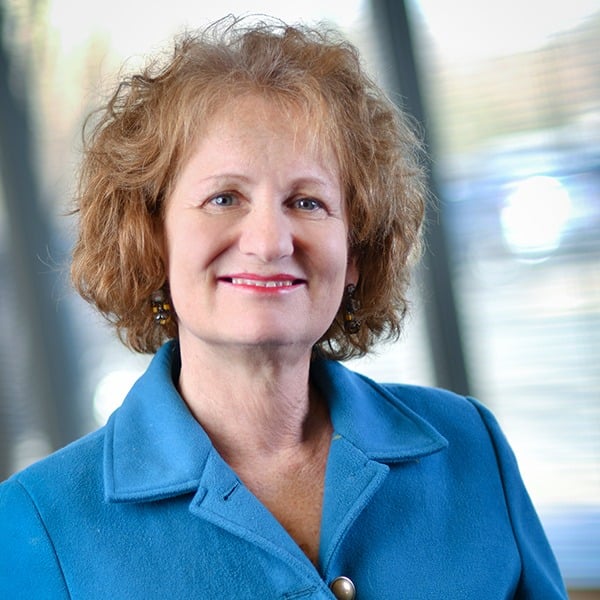 Emotions in medicine: An inner conflict with rationality
Emotions in medicine: An inner conflict with rationality
The emotions of dealing with death, dying and disease on a regular basis can be among the most stressful experiences most humans encounter, but the first lesson many physicians learned in medical school was not to care too much. Emotionalism has historically been viewed as unprofessional and thought to interfere with patient care. Many physicians report having developed an emotional armor shielding them from feeling too much and disguising any depth of emotion experienced.
In the Medscape article, “Drs. Never Ending Battle: Emotion vs. Reason,” Gregory Hood, MD suggests “The inner conflict between rationality and emotionality is a constant source of stress for physicians.” He goes on to contend that “Emotions can't be divided from the human experience. They're not inherently bad, nor negative. Emotions that are examined and tempered by experience, along with a lifetime of learning and introspection, are the truest path to not only reaching the correct medical decisions but also, more fundamentally, to enjoying life.”
In her book “What Doctors Feel; How Emotions Affect the Practice of Medicine,” Danielle Orfi, MD, PdD, FACO suggests suppressing emotions isn’t healthy and can lead to significant stress and burnout. Dr. Orfi was interviewed by Hospitalist Magazine in November 2013 and shared her belief when physicians face difficult or sad patient situations at work, it can cause profound emotion that doesn’t go away. “Whether it is when we are drifting off to sleep that night or when we are facing our next patient,” she said, “there is a sense that something intense occurred.” She added “How we give those feelings and experiences their due has a big impact on our future abilities. We need to take time to acknowledge sadness, anger, frustration, and humiliation.”
That being said, sometimes suppressing emotions in the moment is an important strategy for successfully completing a task or accomplishing something important. Even so, it’s essential to have a vehicle for ultimately expressing those emotions in a constructive manner. Not only will this lead to improved well-being, but studies are now linking the emotional health of physicians with improved patient care and satisfaction.
How can physicians deal more constructively with their emotions—and regain the empathy they might have lost? There are many strategies, and here are just a few:
- Accept it’s normal—and healthy—to have these feelings and take time to examine them.
- Talk about your emotions, perhaps with a physician peer coach or colleague/confidant who understands the pressures faced by physicians today—and the mix of anxiety, concern, self‐doubt, justifiable/unreasonable irritations and grief involved in dealing with critically ill patients and their families.
- Understand others on the care team are probably experiencing similar emotions. Having your organization conduct sessions such as Schwartz Center Rounds can provide a way for colleagues to share experiences, thoughts and feelings.
It can be beneficial to schedule a regular time to have coffee or get together with someone you can confide in. It may not be your nature to talk about personal challenges with others. Doing so can provide relief, calm and normalize your feelings and experiences (we tend to be our own worst critique). Meeting for coffee with a confidant, someone who manages their own emotions in a way you would like to be able to handle yours is a great starting point toward building your healthy emotional dimension.
We Can Help
For more information on how to get started with a confidant or Peer Support Group, give us a call at 877.731.3949 to speak with one of our consultants or peer coaches, or access resources through your VITAL WorkLife App. We’re available anytime, day or night.
Source: Greg A. Hood. Doctors' Never-Ending Battle: Emotion vs Reason. Medscape. Feb 26, 2015


